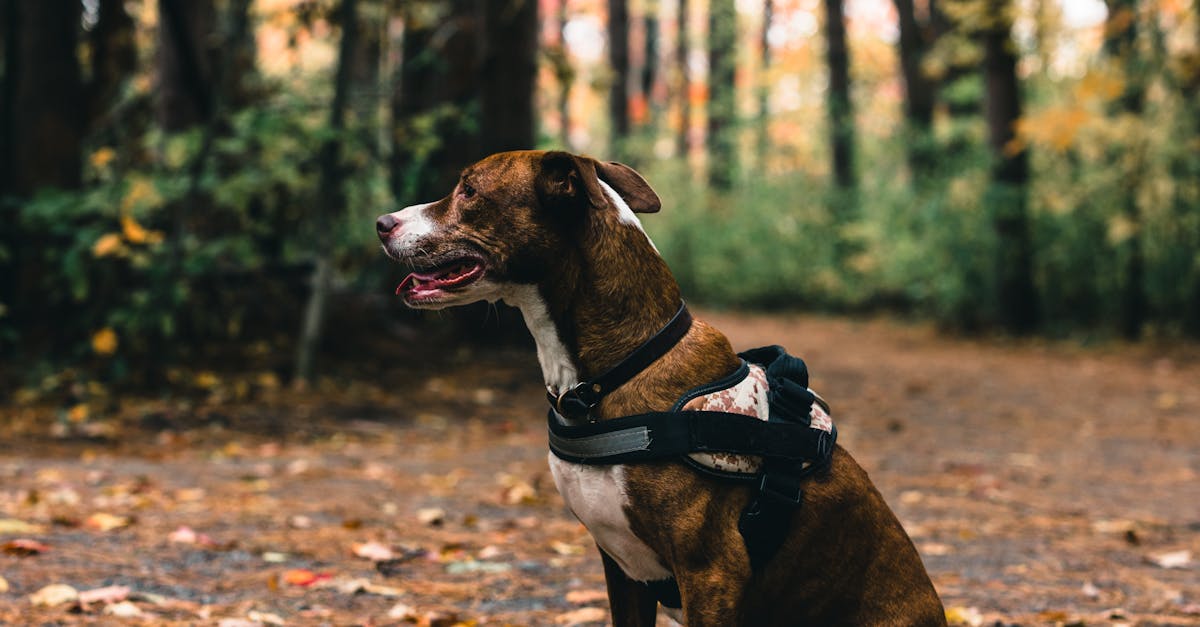I don’t know what’s going on, but I just noticed something weird with my cat Max. For the last couple of days, I’ve seen him licking his paw more than usual, and today I got a closer look at his claws. One of them looks kind of odd, like it’s thicker or maybe even splitting? I can’t really tell, but it definitely doesn’t look like the others. He’s acting a bit off too, more reluctant to play with his favorite string toy, and I’m starting to worry. It’s not swollen or anything, but I’m nervous if it might hurt him, or if it’s something serious. Has anyone experienced this with their cat? Is this normal or should I get him to the vet? Any advice would be so appreciated!
Appreciate the question — let's unpack this. Cat claws can sometimes appear unusual for various reasons, and it’s great that you noticed something’s up. Cats naturally shed their claw sheaths, so if you see a claw looking thicker or frayed, it might be shedding. However, if a claw appears discolored, cracked, or curved inwards, this could indicate an issue.
Possible causes for unusual claw appearances include trauma, infection, or a nail bed disorder. Sometimes older cats might have claws that become thicker and more brittle, while younger cats can experience changes due to dietary imbalances.
At home, make sure you’re regularly trimming your cat’s claws to help prevent overgrowth and embedding. A scratching post can also aid in natural shedding. Be cautious about pulling on any part of the claw if it looks loose, as this could cause pain or injury.
Watch for signs like limping, swelling, red or oozing areas around the claw, or excessive licking of the paw—these could indicate a more serious problem like an infection or ingrown claw that needs prompt attention.
If you pick up on these warning signs or the unusual appearance persists, booking a video consult with Dial A Vet is a good step. It’ll give us an opportunity to assess the situation more closely and discuss further care.
The "Ask a Vet" forum on Dial A Vet offers general information and helpful tips on pet health, but it's
not a substitute for professional veterinary care. The advice here doesn't create a veterinarian-client-patient relationship, and our vets can't diagnose or treat your pet remotely.
For emergencies or specific medical concerns, always contact your local veterinarian immediately. Your pet's health is unique, and decisions should only be made after consulting with a qualified professional. By using this forum, you acknowledge these limitations and agree to seek in-person veterinary advice for all your pet's health needs. View our
content guidelines.



%2520(1).png)
%2520(1).png)



.jpg)








